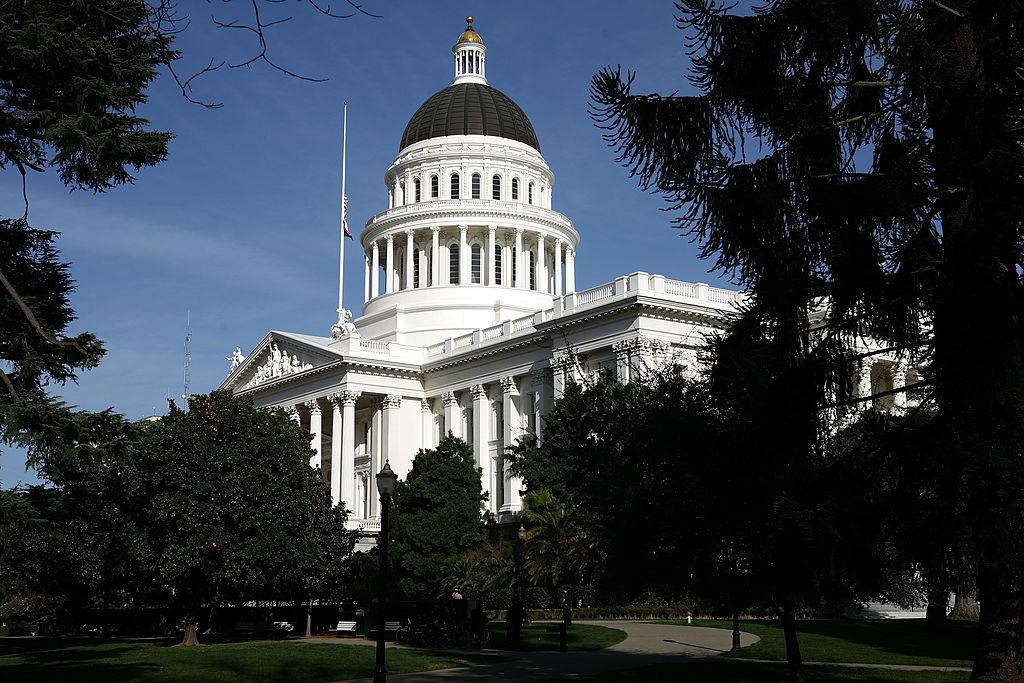Commentary
Upton Sinclair was fond of saying, “It is difficult to get a man to understand something when his salary depends upon his not understanding it.”

Upton Sinclair was fond of saying, “It is difficult to get a man to understand something when his salary depends upon his not understanding it.”